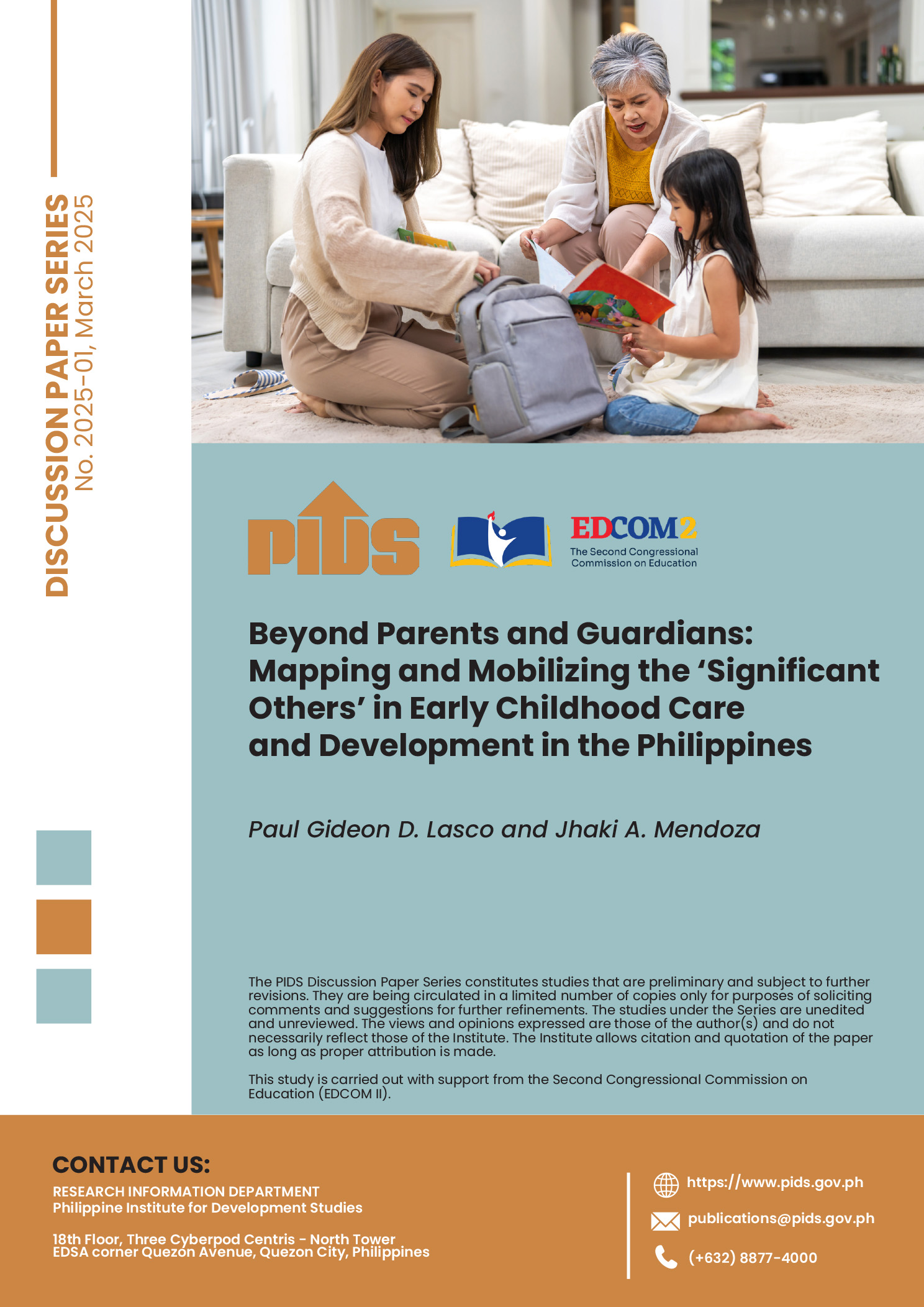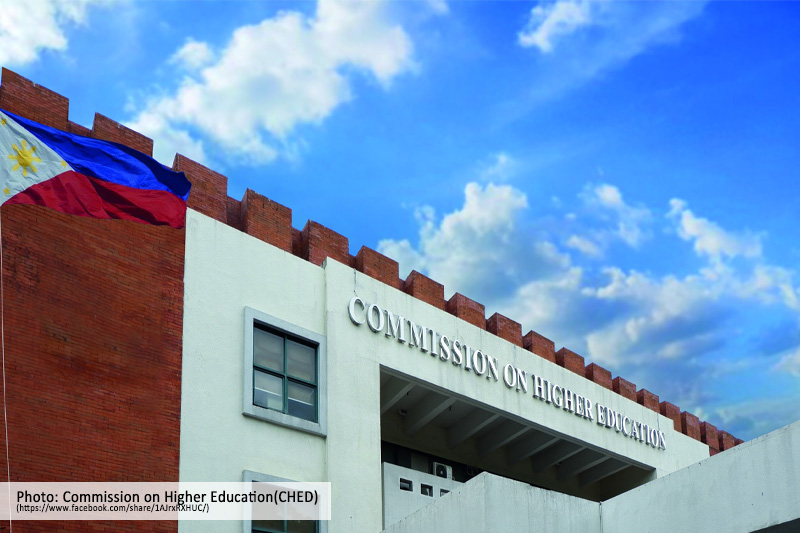Recent news portals are resplendent with our legislators’ efforts to extend the term for claiming the estate tax amnesty by a fresh period of two years. The complications anent estate tax constitute one befuddling story for a layman, yet the conditions pervading our estate taxation years are more confounding.
As I was reading up on the latest developments regarding a possible second extension, I could not help but recall how estates were settled not too long ago, particularly prior to the enactment of the TRAIN Law.
In 2021, the Philippine Institute for Development Studies (PIDS) released a “Situationer” wherein the country was still following a progressive tax rate for estate tax—meaning, an increase in the tax base automatically subjects the taxpayer to a higher tax rate. Section 84 of the Tax Code previously determined the tax on the value of a decedent’s net estate using a schedule where an estate valued at P200,000 or more was taxed at a rate ranging from 5 percent to 20 percent. According to that PIDS study, the estate tax in such form was weak from the perspective of “efficiency, equity, administrative simplicity and transparency, revenue adequacy and stability.”
Simply put, the estate tax in the past consisted of complicated procedures warranting reforms both for the simplification of the tax administration process and for better tax compliance. CPA certificates were required for estate tax filing with a gross value of more than P2 million. Back then, the BIR took notice of the minimal number of estate tax returns filed vis-à-vis the number of registered deaths. More and more families appeared to place their compliance with estate tax payments to a standstill and, in the process, are plagued with a surmounting debt in penalties and surcharges.
Amidst this scenario, certain proposals were necessary including adjustments in the allowable deductions, particularly in the areas of maximum deductible medical expenses as well as the value of the family home. This, and more, was intended to improve or restructure our estate tax system in the hopes of spurring better compliance and collecting more revenues.
Responding to the call, Republic Act 11213 or the Tax Amnesty Act was enacted in February 2019 to allow taxpayers to settle their overdue tax payments without incurring penalties. Permitting heirs to settle any unpaid estate taxes on or before June 15, 2021, the amnesty applies to estates of decedents who died on or before December 31, 2017 and whose estate taxes remained unpaid as of that date. On June 30, 2021, RA 11569 extended the estate tax amnesty by two years from June 15, 2021 to June 14, 2023.
By law, “those who take advantage of the amnesty within the time limit will pay either the reduced estate tax amnesty rate of 6 percent of the decedent’s entire net taxable estate [down from 20 percent before] or the minimum amnesty tax of P5,000 if there is a negative net estate.” The current bill sponsored and approved in the two houses of the present Congress stipulates an extension of claiming the estate tax amnesty for another 2-year period, or until June 2025 and cover unsettled estates of persons who died on or before May 31, 2023. Should this bill become a law, errant taxpayers will be provided with relief, yet again, and will “enable the government to collect additional revenues and strengthen tax compliance,” per Finance Chief Benjamin Diokno. If taxpayers were burdened by the seemingly onerous process of paying the estate tax back then, they are now accorded with an almost effortless method specifically devised for their benefit, time and again!
Interestingly, such “extending the extension” brings to mind how we were before the salvation offered to us by Jesus Christ. “For the law was given through Moses, but grace and truth came through Jesus Christ,” as John 1:17 of the Bible declares. Back then, we were under the covenant of Law, for which a “demand” to do this and to do that was made. But under the new covenant of Christ’s sacrifice on the Cross, a “supply” of abounding grace was determined and continues to be poured for us. And all that is required is for us to accept Jesus as the Master of our lives. For it is stated in Romans 10:9-10, “If you declare with your mouth, ‘Jesus is Lord,’ and believe in your heart that God raised him from the dead, you will be saved. For it is with your heart that you believe and are justified, and it is with your mouth that you profess your faith and are saved.” Akin therefore to “taking advantage” of the time extension in paying estate taxes, we should also “take advantage” of the chance to have new lives by accepting the gift of salvation. Realizing that there’s a time limit to these open-ended offers, we should act with dispatch lest we miss the opportunity. Just as availing of the tax amnesty makes the taxpayer unblemished of previously owed tax debts, so are we made righteous in the eyes of our Almighty Father by acknowledging one man’s sacrifice for our salvation. As attested to in Romans 5:19, “For as by one man’s (Adam) disobedience many were made sinners, so also by one Man’s (Jesus) obedience many will be made righteous,” such is our amnesty, our reprieve, our absolution (at the risk of redundancy) from our sins. No matter how many years ago we look back, no matter how long or how often any reprieve or amnesty will be extended, our decision now will most certainly define us.






